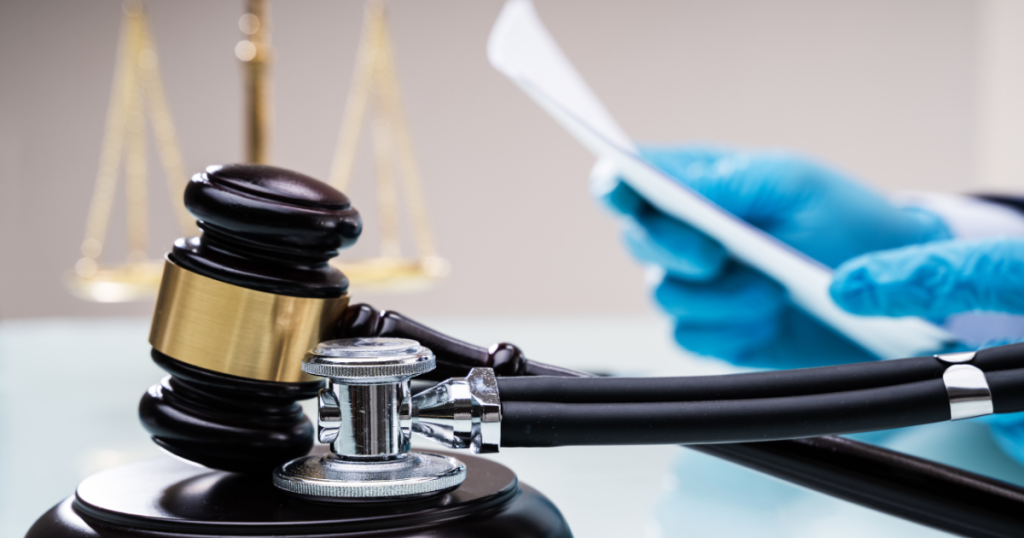Now Reading: How Emerging Synthetic Substances Complicate Impairment Testing
-
01
How Emerging Synthetic Substances Complicate Impairment Testing

How Emerging Synthetic Substances Complicate Impairment Testing
As a professional navigating the evolving landscape of drug impairment testing, you are undoubtedly aware of the challenges posed by emerging synthetic substances. New synthetic drugs and designer substances can make standard DUI tests unreliable. DUI attorneys focused on drug impairment cases often navigate these challenges to ensure that lab results are interpreted correctly. Understanding these nuances is critical for protecting client rights in complex cases.
Unreliable DUI Tests: How Synthetic Drugs Complicate Impairment Testing
Complexity of Synthetic Substances
The rise of synthetic drugs, often designed to mimic the effects of controlled substances while evading legal regulations, introduces significant challenges to traditional DUI testing. These designer drugs are formulated with novel chemical structures, making them elusive targets for standard blood or urine tests. As a result, new synthetic substances frequently bypass detection in conventional assays, leaving a gap in enforcement and jeopardizing the accuracy of impairment assessments.
Limitations of Standardized Testing
Standard DUI tests are primarily calibrated for well-known narcotics like alcohol, cannabis, and opiates. However, the rapid development of synthetic drugs means that these tests often fail to identify novel compounds. Common field sobriety tests, which rely on observable physical and cognitive impairment indicators, may not capture the nuanced effects that synthetic drugs induce. Furthermore, the lack of standardized testing protocols for emerging substances complicates matters, as law enforcement officers may not be adequately trained to recognize or interpret signs of impairment related to these drugs.
Legal and Judicial Implications
The inability to accurately test for synthetic drugs poses significant legal challenges. Defense attorneys specializing in drug impairment cases must navigate these complexities, advocating for their clients by questioning the reliability of test results. They often engage forensic experts who can interpret lab findings, highlighting discrepancies or potential inaccuracies. To ensure a fair trial, it is crucial that the legal system recognizes the limitations of current testing methods and adapts to address the evolving landscape of drug use.
Moving Forward: The Need for Innovation
To address these challenges, there is an urgent need for advancements in drug detection technology. Developing tests that can accurately identify a broader spectrum of synthetic substances is crucial. Additionally, updating training protocols for law enforcement can enhance their ability to recognize impairment from lesser-known drugs. As the synthetic drug landscape continues to evolve, staying ahead of these changes is essential to ensure both public safety and the protection of individual rights.
Navigating Legal Challenges: The Role of DUI Attorneys in Drug Impairment Cases
Understanding the Legal Landscape
In the realm of drug impairment cases, DUI attorneys play an indispensable role. These legal professionals must navigate a complex legal landscape, further complicated by the emergence of synthetic substances. Unlike traditional drugs, designer substances often lack established legal precedents, making impairment tests challenging. Attorneys are tasked with staying up-to-date on evolving legislation and case law, ensuring they can effectively advocate for their clients’ rights.
Interpreting Complex Test Results
Central to their role, DUI attorneys must meticulously interpret complex test results. Laboratory reports on synthetic drugs may present atypical results due to the unique chemical compositions of these substances. Standard impairment tests often fail to account for the diverse effects of new drugs, leading to potential misinterpretations. Attorneys must engage with forensic experts and utilize advanced analytical tools to ensure accurate readings. This collaboration is crucial in challenging or corroborating test results, which can significantly influence the outcome of a case.
The Impact on Lab Result Interpretation: Ensuring Accuracy in Complex Cases
Challenges in Analyzing Synthetic Substances
The emergence of synthetic drugs has presented significant challenges in the interpretation of lab results. Traditional testing methods, often calibrated for well-known substances such as alcohol or cannabis, may not reliably detect the presence or concentration of these newer compounds. This can lead to inaccurate results, which in turn complicates legal proceedings.
Advanced Testing Techniques
To ensure accuracy, many laboratories are now employing advanced analytical techniques such as high-resolution mass spectrometry. These methods are capable of detecting a broader range of substances at much lower concentrations than conventional methods. By utilizing cutting-edge technology, laboratories can more effectively distinguish between substances that may have similar effects but distinct chemical structures.
Final Thoughts
In navigating the evolving landscape of synthetic substances, you must recognize the profound implications for impairment testing. DUI attorneys focused on drug impairment cases are particularly attuned to these challenges, leveraging a nuanced understanding of how designer drugs affect traditional testing methodologies. For legal professionals, this complexity underscores the necessity of staying informed about the latest developments in toxicology and forensic science. By doing so, you not only safeguard the rights of your clients but also contribute to a more just legal system.










